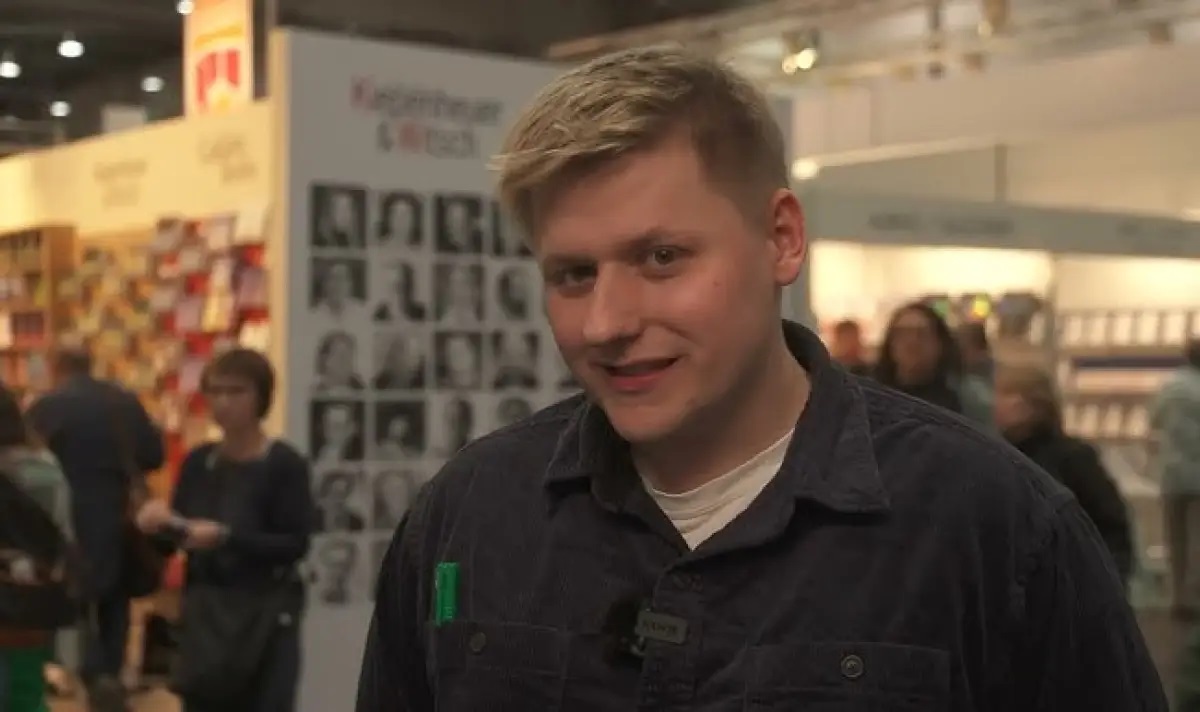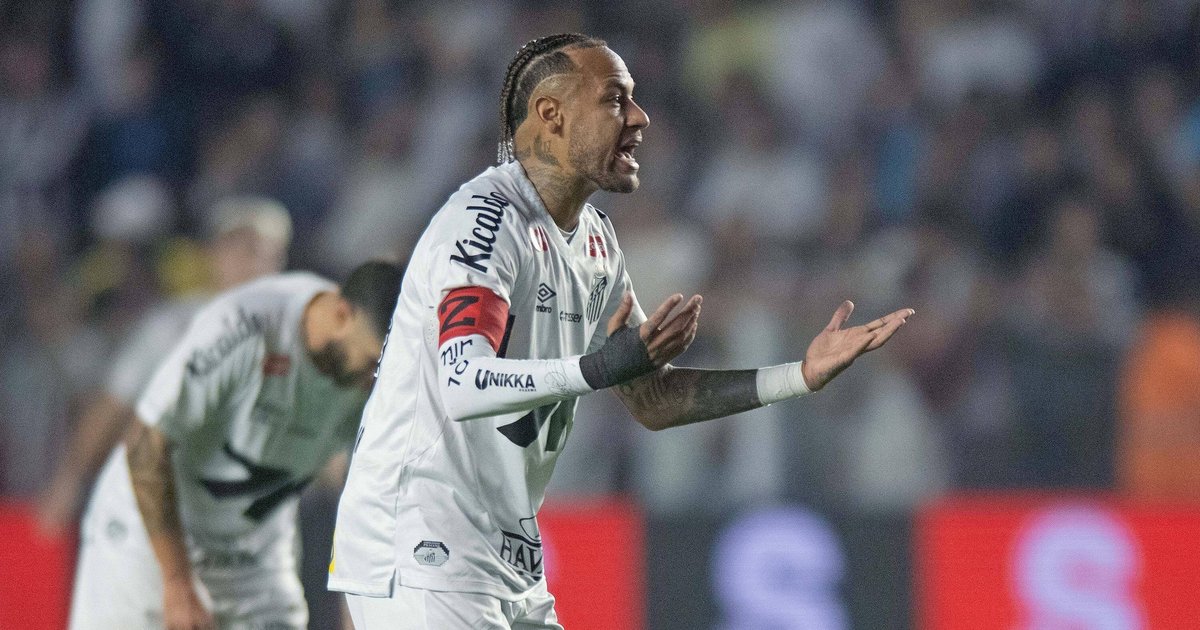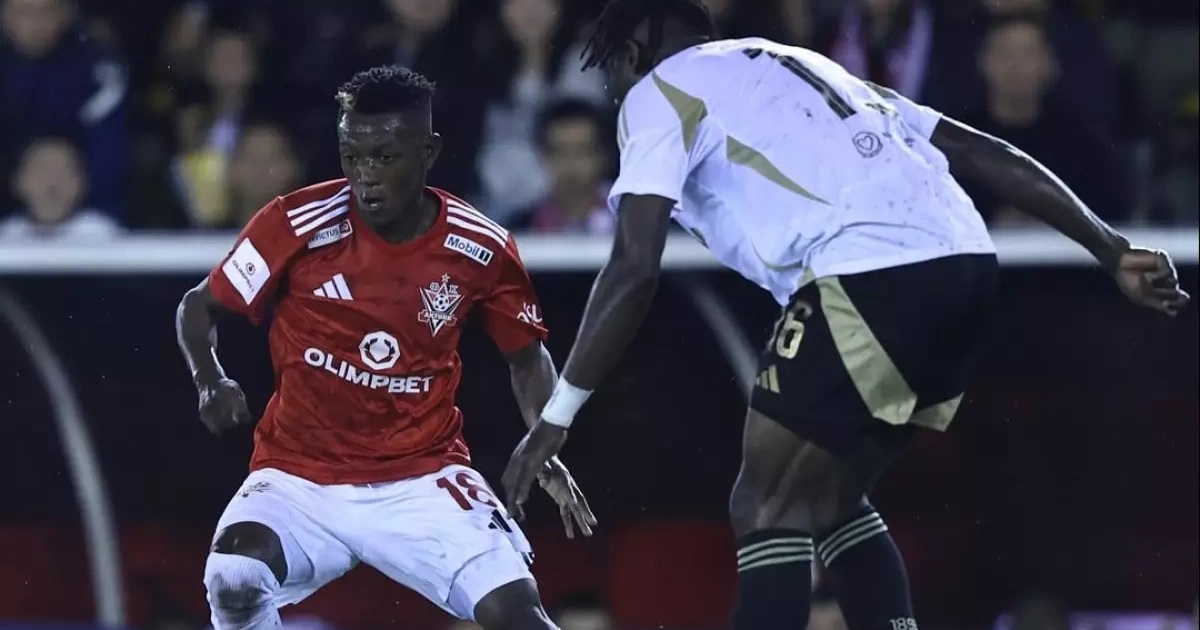German comedian Sebastian Hotz faces trial in Berlin for his controversial comments on X regarding the assassination attempt on Donald Trump. Accused of encouraging violence, Hotz's remarks have sparked outrage and raised important questions about free speech and accountability. The trial is set to begin on July 23.
Sebastian Hotz on Trial for Controversial Remarks on Trump Assassination Attempt


German Comedian Sebastian Hotz Faces Trial for Controversial Remarks on Trump Assassination Attempt
German comedian Sebastian Hotz is set to stand trial in Germany, following his controversial remarks on the social media platform X (formerly Twitter) regarding the assassination attempt on former U.S. President Donald Trump. The trial, which has garnered significant media attention, will begin on July 23 at the Tiergarten District Court in Berlin. Hotz is accused by the Berlin prosecutor's office of encouraging and approving a crime through his statements.
The Controversial Statement
The incident that led to Hotz's legal troubles stemmed from a post he made on X shortly after the assassination attempt on Trump on July 13, 2024. The attack occurred during an election rally in Butler, Pennsylvania, where a bullet grazed Trump's ear but did not pose a significant threat to his life. Tragically, one of Trump's supporters was killed in the shooting, and the assailant, identified as 20-year-old Thomas Matthew Crooks, was also killed during the incident.
In his post, Hotz reportedly stated, “I find it absolutely fantastic when fascists die.” This comment sparked outrage across social media platforms, igniting debates about freedom of speech, accountability, and the responsibilities of public figures. In the wake of the backlash, the comedian deleted the post, but the damage was done, and the Berlin prosecutor's office initiated an investigation.
Legal Proceedings
The upcoming trial against Hotz is expected to be a highly publicized event, as it touches on significant themes surrounding free speech and the limits of expression, especially in a politically charged atmosphere. The prosecution's case hinges on the argument that Hotz's comments constituted encouragement of violence, which is taken seriously under German law.
Hotz has remained tight-lipped about the trial and has chosen not to comment publicly on the proceedings, stating that he prefers to wait for a final verdict before discussing the matter. This decision reflects a cautious approach, as public statements could further complicate his legal situation.
The Public Reaction
The reaction to Hotz's comments has been polarized. Supporters of free speech argue that comedians and artists should have the right to express their opinions, even if they are controversial or offensive. They contend that satire and humor often push boundaries and provoke thought. Conversely, critics argue that endorsing violence, even in jest, is irresponsible and can have real-world consequences. They emphasize that public figures have a duty to promote constructive dialogue rather than inciting hatred or violence.
The assassination attempt on Trump has further fueled the debate, as it raised questions about the safety of public figures in an increasingly polarized political climate. The tragic outcome of the attack, which claimed the life of a supporter, adds a layer of gravity to discussions about the implications of incendiary rhetoric.
Broader Implications
Hotz's trial is not just a legal matter; it represents broader societal issues regarding freedom of expression and the responsibility that comes with it. In Germany, laws surrounding hate speech and incitement to violence are particularly stringent, reflecting the country’s historical context and commitment to preventing the rise of extremist ideologies.
As the trial unfolds, it will likely provoke discussions about where the line should be drawn between free expression and harmful rhetoric. Many will be watching closely to see how the court navigates these complex issues and what implications the outcome may have for comedians and public figures in the future.
Conclusion
The trial of Sebastian Hotz serves as a significant case study in the intersection of comedy, politics, and the law. As the date approaches, it brings to the forefront critical discussions about the role of humor in society, the responsibilities of public figures, and the limits of free speech. The outcome could set important precedents for how similar cases are handled in the future, particularly in a world where political tensions continue to rise and the consequences of words can lead to tragic events.
As the legal process unfolds, it will be essential to balance the values of free expression with the need for accountability, ensuring that the rights of individuals to speak their minds do not come at the cost of public safety and social harmony.

 বাংলা
বাংলা  Spanish
Spanish  Arabic
Arabic  French
French  Chinese
Chinese 







